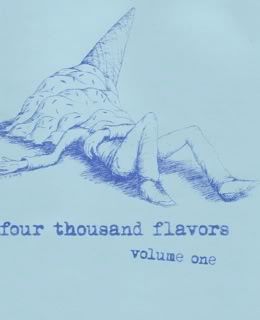
In preparation for a DJ set of afrobeat I'm doing at Barbarella(upstairs at the Barbary) I randomly stumbled upon the work of this South African photographer who photographed actors of the Nigerian film industry in costume and makeup, but in bleak and decayed urban settings rather than on an actual film set.
Nollywood is the third largest film industry in the world, releasing between 500 and 1 000 movies each year. It produces movies on its own terms, telling stories that appeal to and reflect the lives of its public: it is a rare instance of self-representation on such a scale in Africa. The continent has a rich tradition of story-telling that has been expressed abundantly through oral and written fiction, but has never been conveyed through the popular media before. Stars are local actors; plots confront the public with familiar situations of romance, comedy, witchcraft, bribery, prostitution. The narrative is overdramatic, deprived of happy endings, tragic. The aesthetic is loud, violent, excessive; nothing is said, everything is shouted.

A lot of comments were posted on the blog I found this on calling the work 'exploitative' and 'distasteful' but I'm really digging the extreme horrific imagery with the post-apocalyptic looking backgrounds found somewhere on the streets of Enugu.

Hugo gained some notoriety for another exhibit called "The Hyena and Other Men" depicting a group of Nigerian street performers with Hyenas on chain leashes who had been mistakenly labeled by a Nigerian newspaper as "bank robbers, bodyguards, drug dealers, debt collectors."

Here is what Hugo has to say on his website about the reaction to this series:
Many animal-rights groups also contacted me, wanting to intervene (however, the keepers have permits from the Nigerian government). When I asked Nigerians, “How do you feel about the way they treat animals”, the question confused people. Their responses always involved issues of economic survival. Seldom did anyone express strong concern for the well-being of the creatures. Europeans invariably only ask about the welfare of the animals but this question misses the point. Instead, perhaps, we could ask why these performers need to catch wild animals to make a living. Or why they are economically marginalised. Or why Nigeria, the world’s sixth largest exporter of oil, is in such a state of disarray.
It seems to me like the real purpose of the work is to pay cultural homage to a group of people often made out to be monsters. Maybe this guy is in a way exploiting the economic woes of a struggling nation but hey, isn't a lot of good art exploiting something?




Wow, it wouldn't have entered my mind that it's exploitative until you mentioned it. I was not shocked or disgusted by the images, just pulled in. So rich, ruddy, and real. I also think it's sooo poignant that when asked about animal rights, the people were confused because they are being exploited by oil companies; who gives a shit about animals if you're struggling to feed your family? Are any of their movies on Netflix? You've peaked my interest on a subject I never knew anything about. Thank you.
ReplyDelete